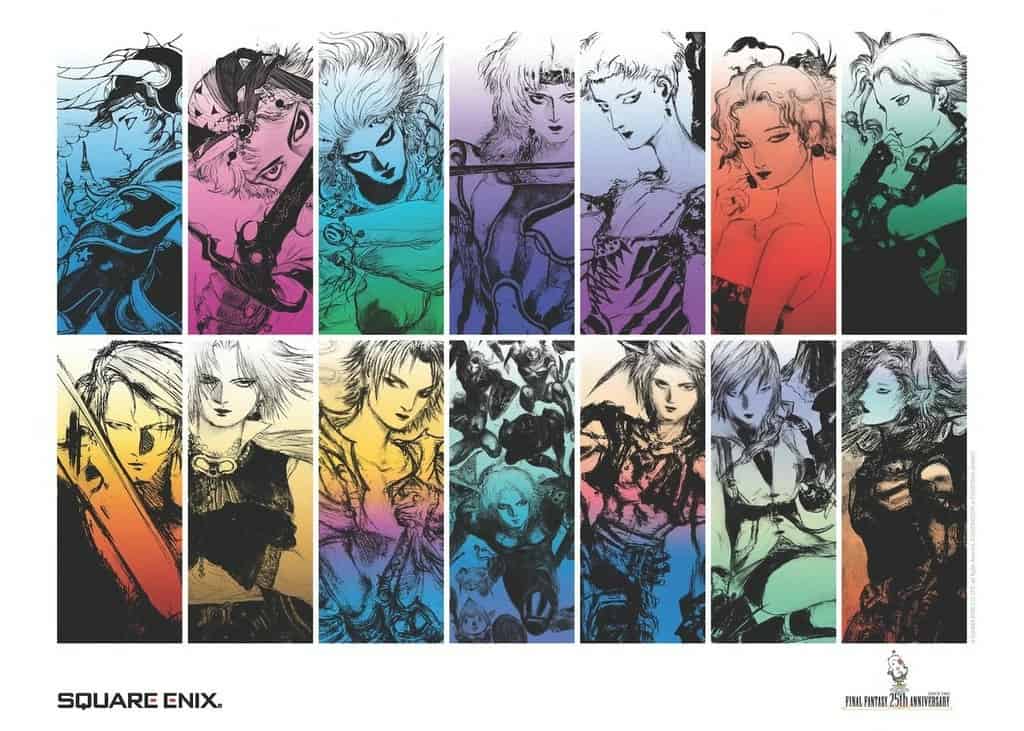Aside from the very first game in the series, Final Fantasy is a franchise that has traditionally been defined (at least partially) by its protagonist. Each game in the anthology RPG series features an enigmatic and relatable hero that the player is meant to empathize with, as well as a cast of supporting heroes who are the protagonist’s companions and the adventuring party throughout the tale each game tells. And, as one would expect, not all of these heroes share equal footing when it comes to their importance and impact across the more than 35 years of the franchise’s existence.
The heroes on this list are both the best protagonists in the Final Fantasy series as well as some of the best main characters to feature in any role-playing game, representing the qualities that one typically associates with an adventuring hero. That’s not to say that these characters are flawless. Part of what makes them relatable and appealing as protagonists is that they exhibit selflessness and bravery in spite of their realistic problems and interpersonal conflicts. Ultimately, the characters on this list stand out above the other main characters from Final Fantasy for how they represent the spirit of heroism and adventure so central to the franchise.
10. Firion (Final Fantasy II)
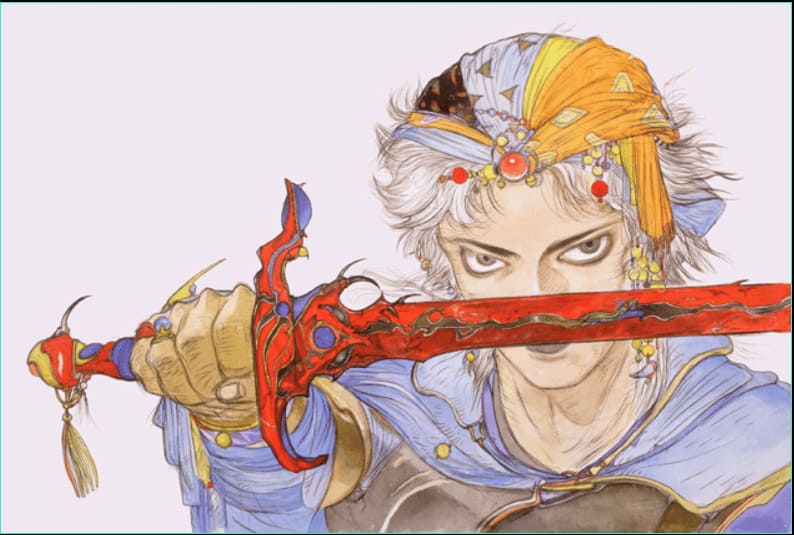
As the first true “main character” in the franchise, it’s practically criminal to make a list of the best protagonists in Final Fantasy and not include Firion. Firion is an obvious stand-in for the traditional hero straight out of Joseph Campbell’s “The Hero’s Journey” and doesn’t receive much in the way of character development throughout the duration of the adventure, but he’s notable for other reasons. Firion and his companions represent the evolution of the franchise beyond the “blank slate” approach of the original Final Fantasy to a more fleshed-out narrative with named characters and a conflict with clear initiating events and a compelling antagonist. Through it all, Firion never gives up on his goal of thwarting the Emperor and rescuing his missing companion, embodying several of the characteristics that would come to define future series protagonists.
9. Lightning Farron (Final Fantasy XIII)
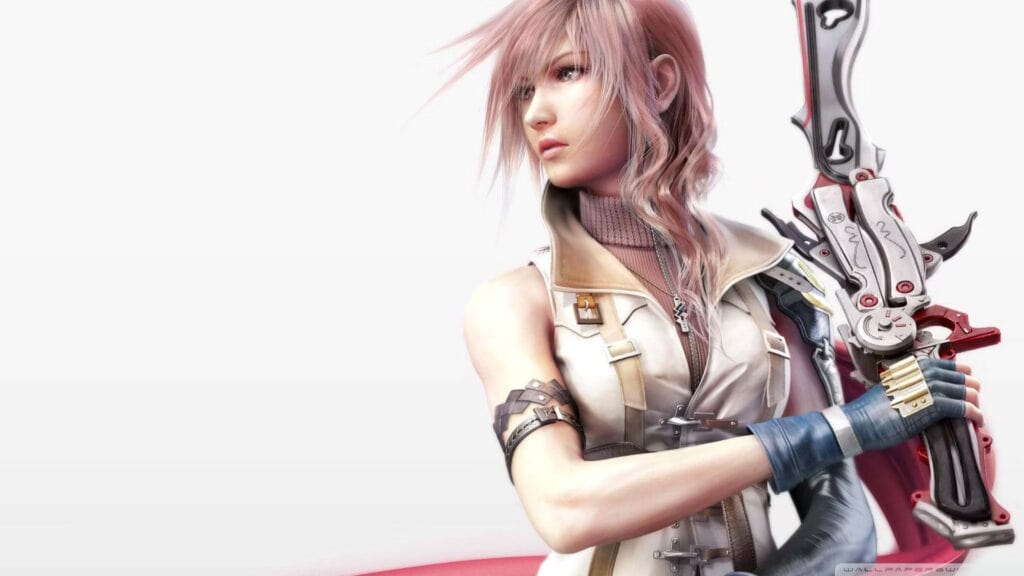
It’s not often that a series like Final Fantasy (which is anthological in nature) has a protagonist come along who can carry more than one game. Even less likely is a protagonist that can carry three games, but Final Fantasy XIII‘s Lightning is that rare main character whose design and characterization make her appealing enough to be the pillar of multiple separate adventures. After starring as the former soldier desperate to save her sister in Final Fantasy XIII, Lightning went on to be the main character of both Final Fantasy XIII-2 and Lightning Returns: Final Fantasy XIII. And, as one might expect, her popularity continues to endure through her appearances in multiple spin-off games (including the Dissidia series) and as a powerful character in the Final Fantasy Trading Card Game. It’s a shame Final Fantasy doesn’t have more female protagonists, because Lightning proves that fans love them.
8. Squall Leonhart (Final Fantasy VIII)
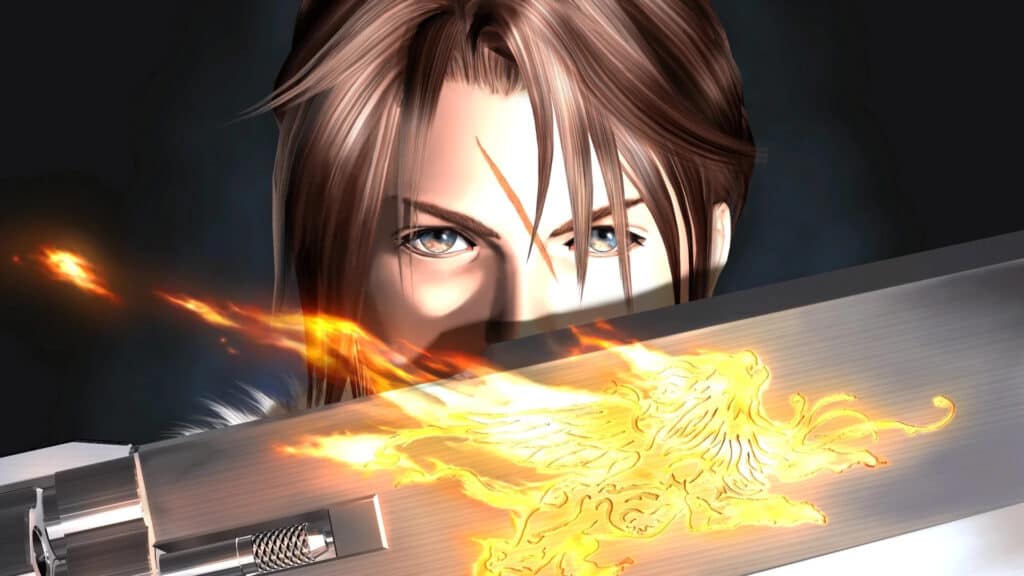
For all the ways that Final Fantasy VIII somewhat fumbles the ball after the touchdown of Final Fantasy VII, it at least gets one critical aspect right — a compelling and powerful protagonist in Squall Leonhart. As one of the younger protagonists in the series’ history, Squall exhibits surprising leadership skills and humility for someone of his age. While at first he comes off as yet another moody male protagonist, Squall eventually grows into the selfless and honorable leader the team needs, choosing to always do what is right for the betterment of others even at cost to himself. That kind of character growth and development makes him enough of a candidate for this list, but what propells him toward the top half is his incredibly iconic and cool weapon, the Gunblade.
7. Tidus (Final Fantasy X)
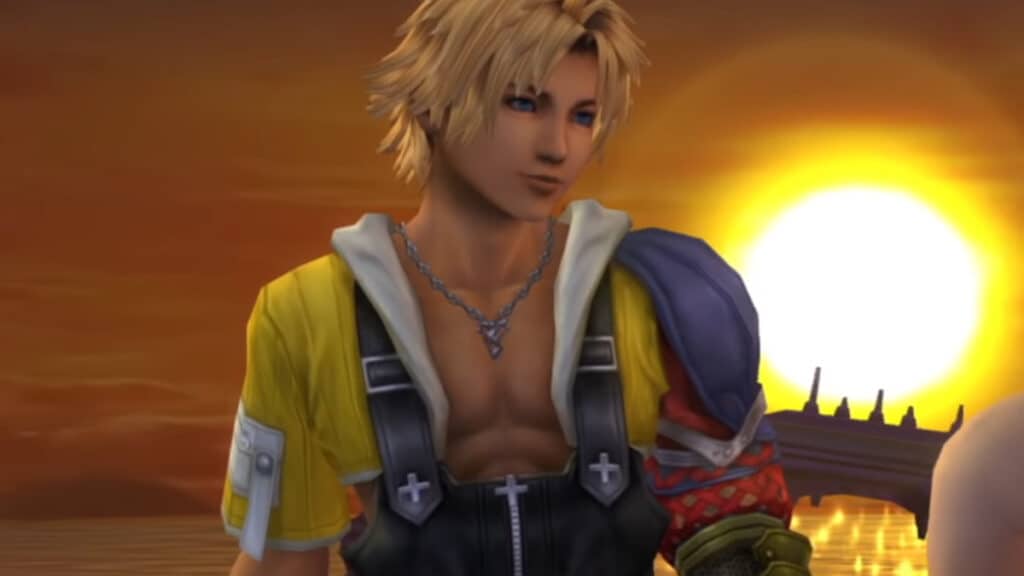
Out of all the characters on this list, perhaps no other embodies the classic “tragic hero” trope more than Tidus from Final Fantasy X. While at first he seems out of place when comparing him to the protagonists of Final Fantasy X‘s predecessors, he eventually proves himself to be one of the most heartfelt and caring protagonists in the entire series. The revelations regarding his existence and ultimate demise as a result of the party’s actions provides one of the most emotionally poignant endings to any Final Fantasy game, and it’s arguable that the conclusion wouldn’t hit as hard without it being anchored by a protagonist as likeable as Tidus. The one thing that prevents Tidus from landing higher up the list is his occasional overshadowing by the incredible supporting cast of Final Fantasy X.
6. Bartz Klauser (Final Fantasy V)
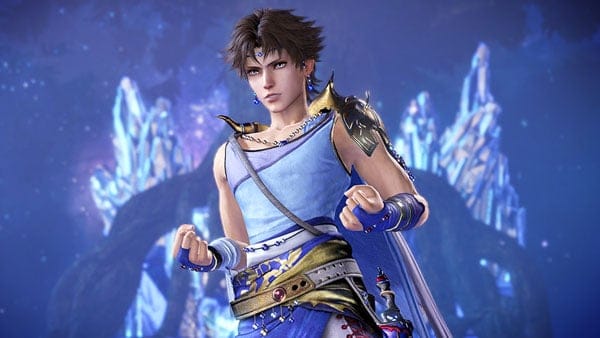
Bartz is the heart and soul of the most incredibly whimsical game in the entire series, Final Fantasy V. Without Bartz’s willingness to embrace adventure and roll with the punches, even in the face of crippling adversity, the tale of Final Fantasy V couldn’t possibly retain its trademark levity and humor. Bartz doesn’t take himself too seriously, simply wishing to travel the world in hopes of finding his place in it. When those travels ultimately put him in the path of coming face-to-face with the evil sorcerer Exdeath and acting as the leader to a band of unlikely heroes, he accepts the role with grace and skill, choosing to embrace the found family of his companions and stand up for those incapable of defending themselves.
5. Zidane Tribal (Final Fantasy IX)
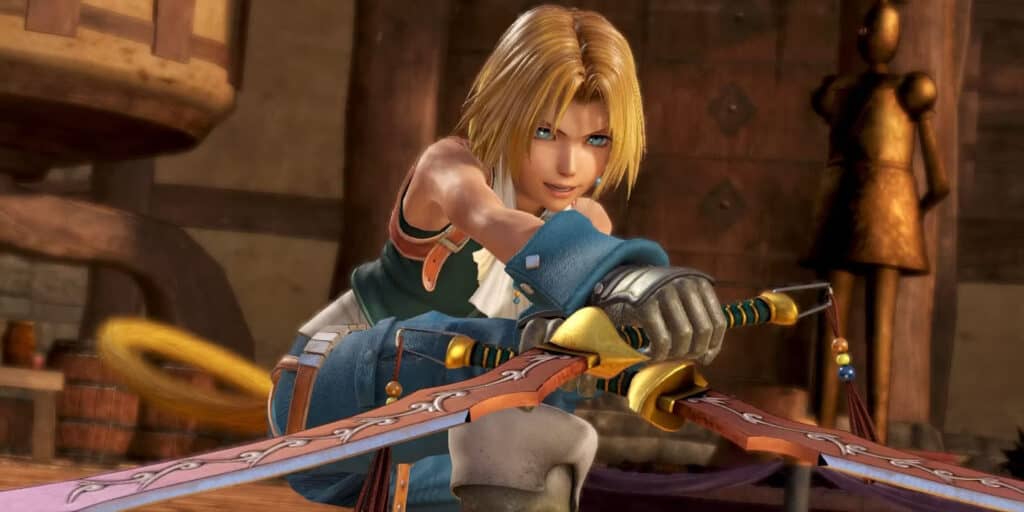
Similar to Bartz, one of Zidane’s trademark characteristics is his humility and deep resevoir of caring for his friends. Watching how Zidane tries to bond with and understand each of the characters in Final Fantasy IX helps to illustrate why both the game and its main character rank among fan favorites in the series, and the fact that he’s essentially the superior genetic clone of the game’s main antagonist adds a layer of personal stake to Final Fantasy IX‘s central conflict. He may not carry an iconic weapon like Cloud, and he’s pretty much the antithesis of the sullen Squall, but both of those qualities make Zidane stand out when comparing him to the other protagonists from PS1-era Final Fantasy games. Ultimately, Zidane is a great main character for all the ways that he returns the role of protagonist to the simplicity of the earlier games in the series.
4. Terra Branford (Final Fantasy VI)
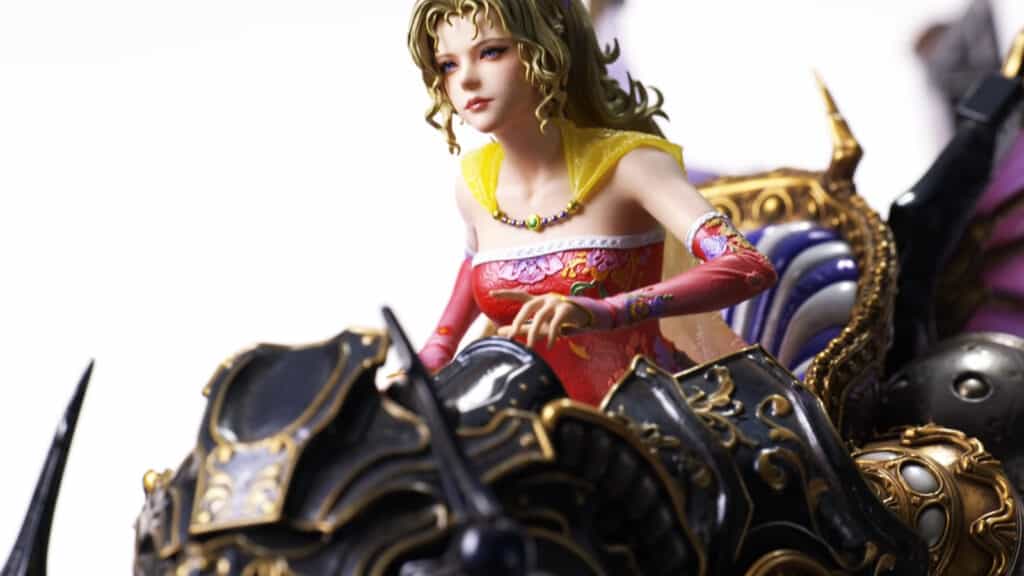
Even though Final Fantasy VI is notorious for its incredible ensemble cast and lack of a “definitive” main character (something that’s intentional on the part of the development team), there’s a strong case to be made that the tale told in Final Fantasy VI is primarily focused on Terra. As the only living hybrid between the Espers and Humans, she is living proof that the two species can coexist peacefully, contrary to what the behavior of power hungry humans like Emperor Gestahl would suggest. When the world turns completely upside-down thanks to Kefka’s meddling with powers beyond his control, Terra turns to discover the meaning of love, and eventually realizes that by defending the defenseless she can finally understand what it means to give oneself to something unconditionally. Terra isn’t just one of the best Final Fantasy characters, she’s a heroine for the ages.
3. Clive Rosfield (Final Fantasy XVI)
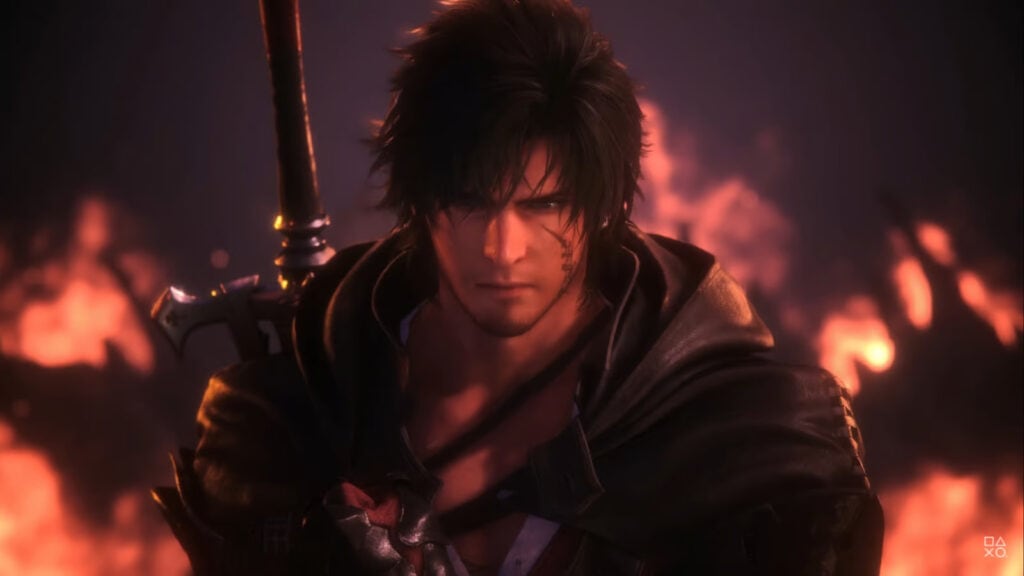
Regardless of what fans think regarding Final Fantasy XVI‘s dramatic shifts away from series tradition, there’s little denying that the game’s story is one of the all-time best in the series. Carrying the narrative is protagonist Clive Rosfield, whose relationship with his brother and willingness to sacrifice himself to save others drive every single one of his motivations and decisions. Clive is one of the few truly altruistic characters in the series’ history, choosing to forego his own desires and a peaceful life as a noble to do what is right and restore balance to the world by destroying the source of all its problems — the crystals. Additionally, Clive is an incredible fighter and an important figure in the game’s lore as the vessel for the creator deity’s (Ultima) resurrection. That Clive chooses to continue to fight against Ultima despite overwhelming odds is a testament to his heroic nature.
2. Cecil Harvey (Final Fantasy IV)
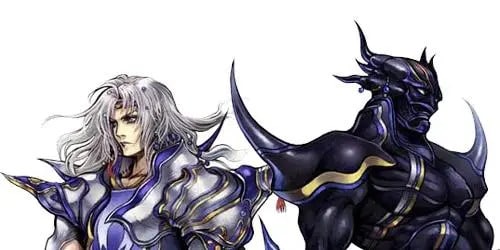
Final Fantasy IV begins with a shocking scene in which players view (via flashback) an army killing innocents and stealing their crystal for the ambitions of their king. Leading this force is Cecil, the conflicted captain of a group of airship commanders known as the Red Wings. Cecil, as it turns out, is the last living Dark Knight and uses the power of the dark blade to become one of the most powerful soldiers in the nation of Baron, whose gathering of the crystals signals a shifting tide of world power. Cecil’s story is one of redemption and rebirth, where he realizes that he’ll never save the love of his life and prevent the world from falling into darkness without forsaking the dark blade and embracing the light to be reborn as a Paladin.
Following his radical transformation, Cecil truly steps into his own both as a hero and as a leader, successfully rescuing his love Rosa, returning his best friend to the side of good, and going face-to-face against the frightful Golbez and living to tell the tale. The revelations in the late game regarding Cecil’s heritage and his relationship to Golbez are the ultimate test to determine if he has truly changed since his transformation into Paladin, and players get to see firsthand how the hero grows, develops, and ultimately deals with the game’s central conflict. There might be protagonists with more depth, but Cecil Harvey is one of the series’ best representations of the classic “Hero’s Journey”.
1. Cloud Strife (Final Fantasy VII)
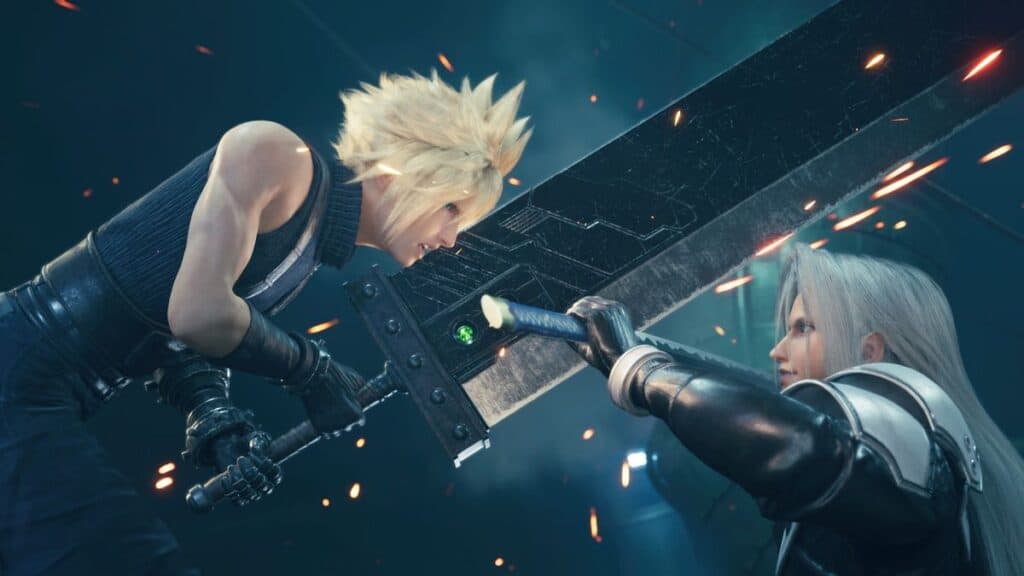
While there’s certainly an argument to be made that Cecil (or, truthfully, any of the other heroes on this list) are the best protagonist in the history of Final Fantasy, that honor ultimately goes to the main character of Final Fantasy VII and most recognizable hero in the series — Cloud Strife. With his unmistakable spiky blonde hair and massive Buster Sword, Cloud is the personage through which players experience what is arguably the most important game in the series, and his struggles with both his identity and his mental health are conflicts that nearly everyone can relate to. He begins the game as cold and aloof only to have the gravity of his mission heightened thanks to some very personal stakes, including the loss of a friend.
The gradual unraveling of Cloud’s mysterious history and how it intertwines with the backstory of the game’s villain Sephiroth is nothing short of amazing storytelling that only serves to endear fans to the character. It also helps that Cloud is simply one of the coolest-looking and powerful heroes in Final Fantasy history. When Square was planning to release the first game in the series on Sony’s PlayStation after years partnering with Nintendo, they must have known it would be important to pull out all the stops, and Cloud is the hero that embodies everything core to Final Fantasy VII. He’s not just the best protagonist in the series, he’s one of the most important and iconic video game characters of all time and a face of the PlayStation brand.
